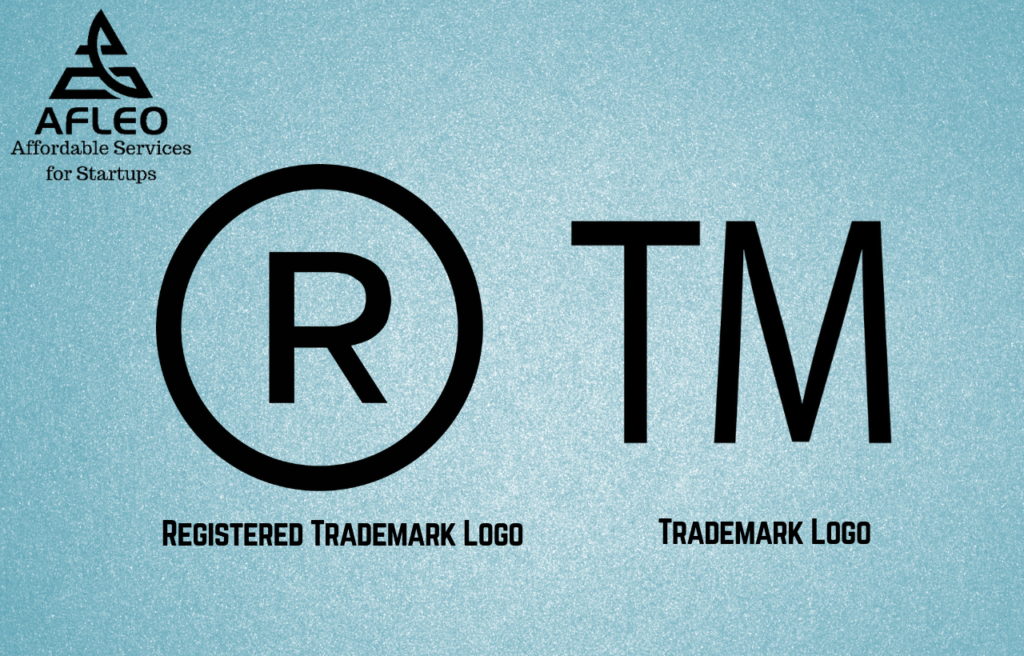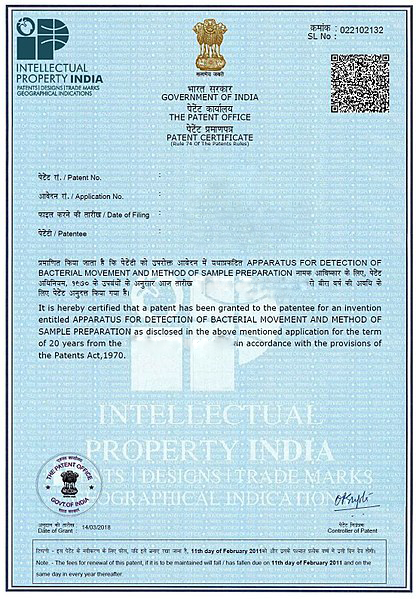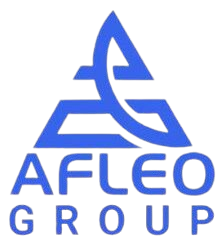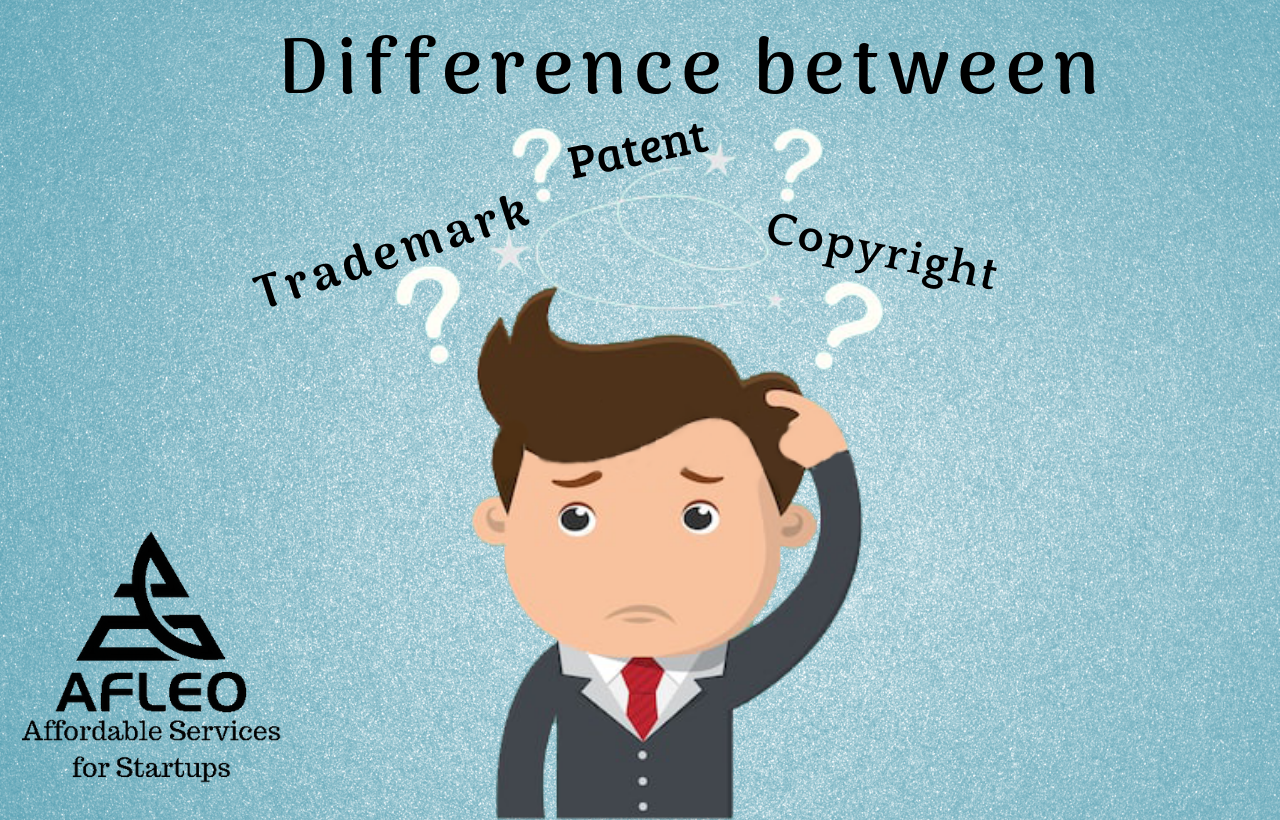There’s a saying that “incomplete knowledge is equivalent to no knowledge,” which if not followed not only makes the person a center of mockery publicly but questions his level of knowledge status as well. So to avoid such embarrassment we would like to give a small brief to our readers on what does ‘Patent vs Copyright vs Trademark’ mean before making them understand the differences between them.
Meaning of the three Terminologies
Trademark
Trademark/Service Marks (in case of services) is a sign, design, expression or a symbol/logo which helps a person in recognizing and identifying products/services of a particular source/brand. Trademark registration will help to differentiate it from similar products/services available in the market.
An individual, a business corporation or any legal entity can have a trademark, and for the instant recognition, it is usually located beside or along with the brand name or company name. It may be on the package of the product or on the product itself or both or the voucher or common seal/signature (in case of services) of a company/individual. A person/company may grant usage of its trademark to any other person/company only under a valid licensing agreement; for example; the very famous Lego Star Wars movie was made and launched by the Lego Group after purchasing a license from Lucas film. Unlicensed or unauthorized use of trademarks by any third party means brand piracy. A trademark is considered as a property in the eyes of the law, and hence property rights on it may be established by actually using in the marketplace or getting it registered at the trademarks office/registry of a particular jurisdiction. Though it’s valid for countless years but needs to be renewed every ten years.
[Read our Article on How to register a trademark for your brand in India? which will help you to register your brand]
Trademark logo looks like the following images:

Patents
Patents is a kind of an intellectual property i.e. it is an intangible property/asset in the form of human intellect such as human works such as inventions, theories, codes/formulae, any process or production and like, which bestows on the owner or founder of such actions a right to not allow any other person from using, making or selling his works or inventions for a limited period of time i.e. usually 20 years. In India, it is governed by The Patents Act 1970. Patent rights are granted only if the disclosure is made public by the owner, of the work or invention done by him. All those who are employed by the owner to help him in his research and development in respect of the work or invention are bound by a service agreement/contract to hand over all the details such as research materials, samples, tests, results, and even minute information before leaving the work/invention. Patent rights are granted only after filing a written application at the relevant patent offices by the owner known as the ‘the applicant.’

Copyright
Copyright is an exclusive right granted to an owner/inventor of original work in the form of art, music, sculptures, movies, recordings, literature, dance and likes which allows him to determine who can use his work/invention and under what conditions and for how long. Copyright is a legal right where the owner/inventor legally allows any other person to use his works as per the agreement between him and the purchaser for a limited period, where such rights are limited by limitations and exceptions to copyrights law which includes right’s fair usage too. It is governed under the Indian Copyright Act 1957.
One of the significant limitations related to copyright of any work is that it only protects the base/original idea underlying that work and not any collateral ideas arising from that work/invention. At a time copyrights may be distributed to multiple people/ purchasers commonly known as ‘right holders,’ who holds license promote, reproduce, control over derivative works, distribution, public display, adaption and moral rights of the original work. A copyright lasts for 60 years but in case of original works on drama, literature, art and music 60 years starts from the year following the death of its creator.
Now that you have learned the primary meaning of Copyright, Patent, and trademark above, so you have understood that the trio is not at all similar. So let’s make you know the primary reasons which make them different from each other, which many of us are either not aware of or fail to recognize.
Differences between Copyright, Patent, and Trademark
What is protected?
- Trademark – Protects any kind of word, logo, designs, symbol etc., which helps in differentiating and identifying the source of a good/service of a person/corporation from those of the others.
- Patent – Protects works such as inventions, codes/formulae, development of any process and like as well as any subsequent improvements in such works.
- Copyright – Protects the original work of a person created by him such as work of art, dance literature, music, movies, and the likes.
Conditions for protection
- Trademark – The word, symbol/logo or design must be ‘unique and distinctive’ to make the product/service identifiable and stand out in the market amongst its competitors so that it is easy for the customers to reach out to it.
- Patent – The invention or production, process, codes etc., must be new, useful and innovative, which is displayed publicly. It should not be a subsequent finding to any earlier invention or theories.
- Copyright – The work must be an original work of the author, creative and imaginative and must be presented in a physical/tangible form.
Duration of protection
- Trademark – Unlimited years but to be renewed in every 10 years.
- Patent – 20 years.
- Copyright – Generally 60 years, but in case of human intellect works such as art, music, literature, drama/movies and the likes it is 60 years from the year following the death of the author or the creator. In case of a company 95 years from the date when the copyrighted work was made public.
Rights granted for protection
- Trademark – Right to use the mark/symbol solely and prevent its usage by any other person/ corporation in a manner that would create confusion in market-related to its origin amongst similar other products/services.
- Patent – Right to prevent any other person from using, importing, promoting, copying or selling the patented invention, codes etc., for its own benefit.
- Copyright – Right to exclusively reproduce, publicly display or promote, create and distribute a similar kind of work as the copyrighted work by any other person than the original creator under the law.
Registration and Royalty payment
- Trademark – Registration of a trademark is not mandatory in India but to avail post registration advantages it is advisable to get it registered.
- Patent – A patent application must be filed in order to obtain a license, protecting his work under the law and enabling him to protect his work from any infringement. And if stolen then such license helps in punishing the offender(s).
- Copyright – Though registration of copyrights is not compulsory but it is advisable to get it registered and obtain the license/certificate which helps the creator to allow others use his copyrighted work legally and earn royalty as income. Its registration also helps the creator legally to solve any dispute which would arise in the future in relation to the work.
[Businesses and companies must understand the importance of logo registration for which you can read our article on How to register a logo in India?]
Conclusion
So we hope that by reading this article of ours the percentage of people who have confusion in understanding the difference between these three terminologies would decrease substantially and thus enabling them in gaining the correct knowledge which would help them both theoretically and professionally. Signing off, leaving no room for any query we ‘Team Afleo” wish our readers happy reading.” Please fill below form to get in touch and get your queries solved.

